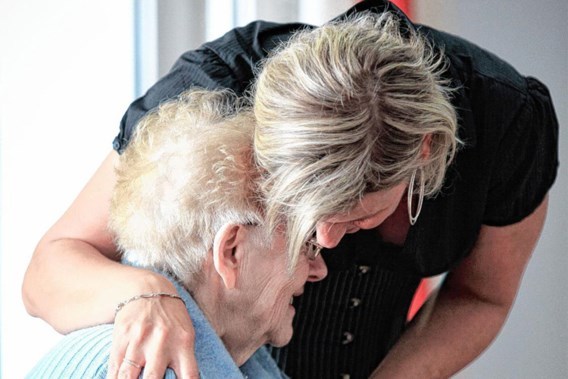The Flemish Government has launched its first "loneliness plan" in response to an increasing number of people of all ages in Flanders indicating that they feel lonely.
Since 2010, the region has seen a major surge in the number of people feeling lonely, a problem exacerbated by the pandemic with some 45 to 59% of people indicating that they sometimes, usually or always feel lonely, often as a result of the coronavirus crisis and measures used to prevent it spreading.
"If there is one I have learned from the coronavirus crisis, it is that people are social animals," Flemish health minister Wouter Beke stated in a press release announcing the new plan.
Measuring social isolation and loneliness precisely can be challenging, however, experiencing these feelings has been associated with a higher risk of premature death from various causes – from smoking to obesity – a higher risk of dementia and increased rates of depression and anxiety.
"We have to be realistic: the government cannot solve the loneliness problem. But I do think that we can facilitate certain things," Beke said, referring to measures that can "strengthen people's capacities and networks in view of those moments of loneliness."
As "there is no all-encompassing solution that can deal with this," Flanders' first "loneliness plan" will be a cross-ministerial project, with various ministers launching initiatives based on their competencies.
Caring neighbourhoods and shared suffering
Beke stressed the importance of creating "caring neighbourhoods" where young and old know each other and work together to ensure that people can continue to live comfortably in their home or familiar neighbourhood, regardless of age and major or minor support needs.
At the beginning of next year, at least 100 caring neighbourhoods – where those who need support will have access to the necessary services and facilities – will receive financial support of up to €50,000 per year, according to Beke's plan.
The plan will also strengthen the Integrated Broad Reception, a government system that connects various social welfare services to ensure that people are directed to the service most relevant to their needs.
As part of the group's expansion, people who have recently lost a life partner will also be targeted more quickly to direct them towards additional help, both financial and mental.
Related News
- Loneliness on the rise in Flanders
- ‘People aren’t feeling well’: general practitioners warn of their patients' waning psychological state
- Coronavirus puts a damper on Belgians’ happiness
On a more local level, learning networks will be set up to share good practices with local authorities "as they are closest to the citizens" and will also help in detecting and tackling loneliness.
Meanwhile, associations that bring together "fellow sufferers" will receive €300,000 to unite people who have either been diagnosed with a physical or mental health problem or have addictions.
Finally, the quality of life of people living in residential care centres will also be assessed with the results used to decide how best to combat loneliness in these institutions.

